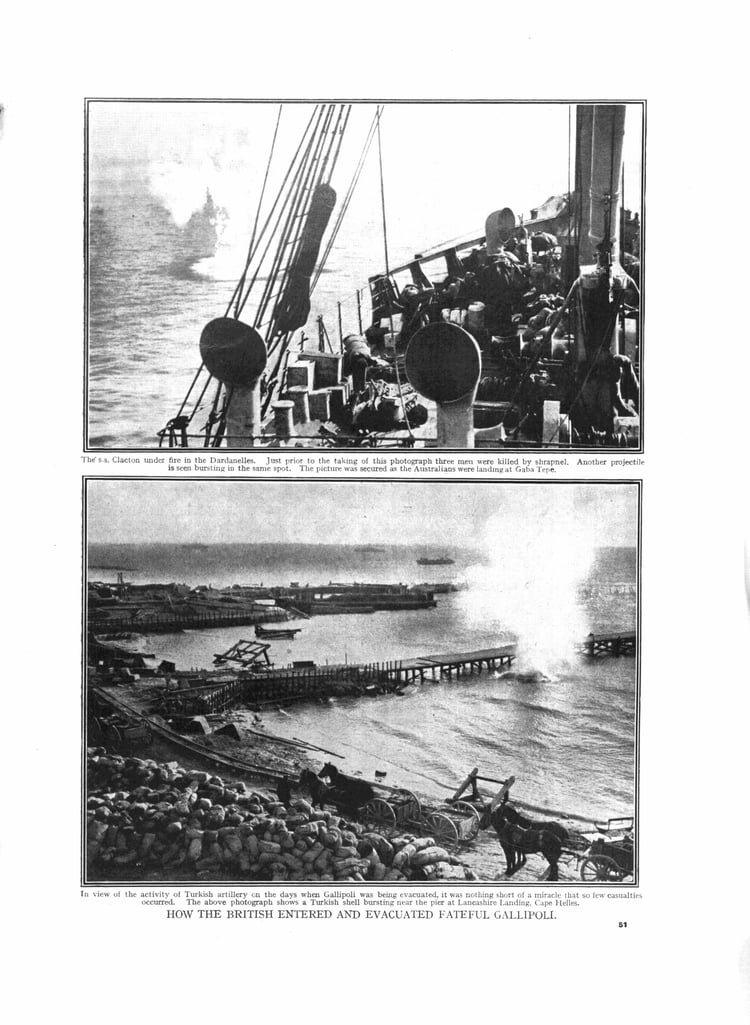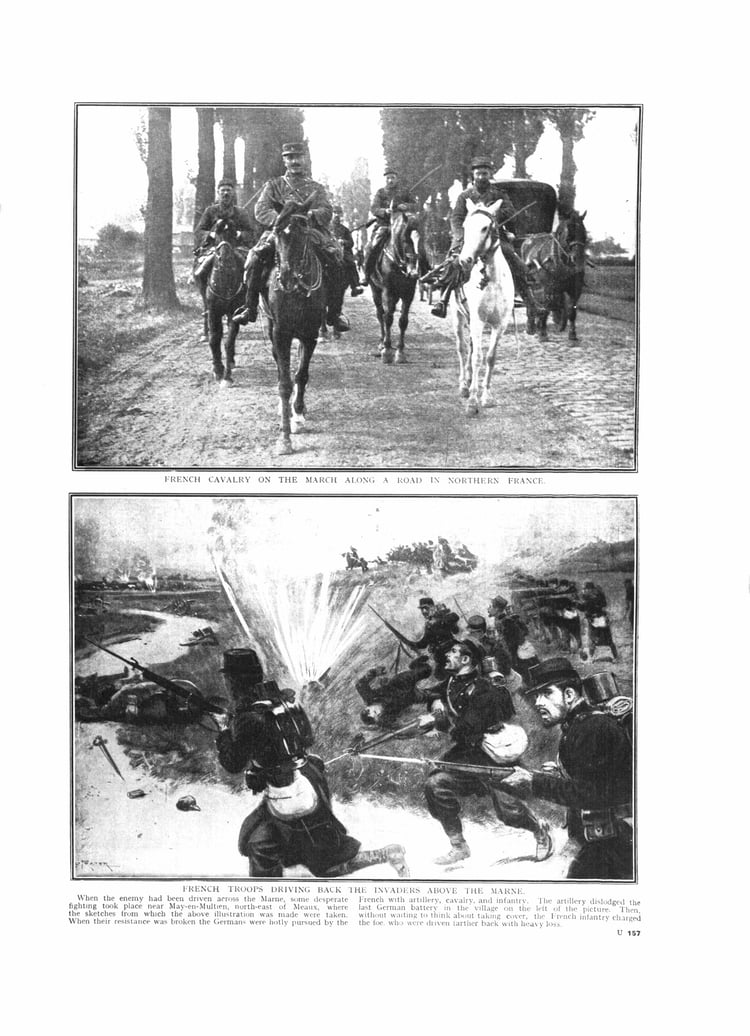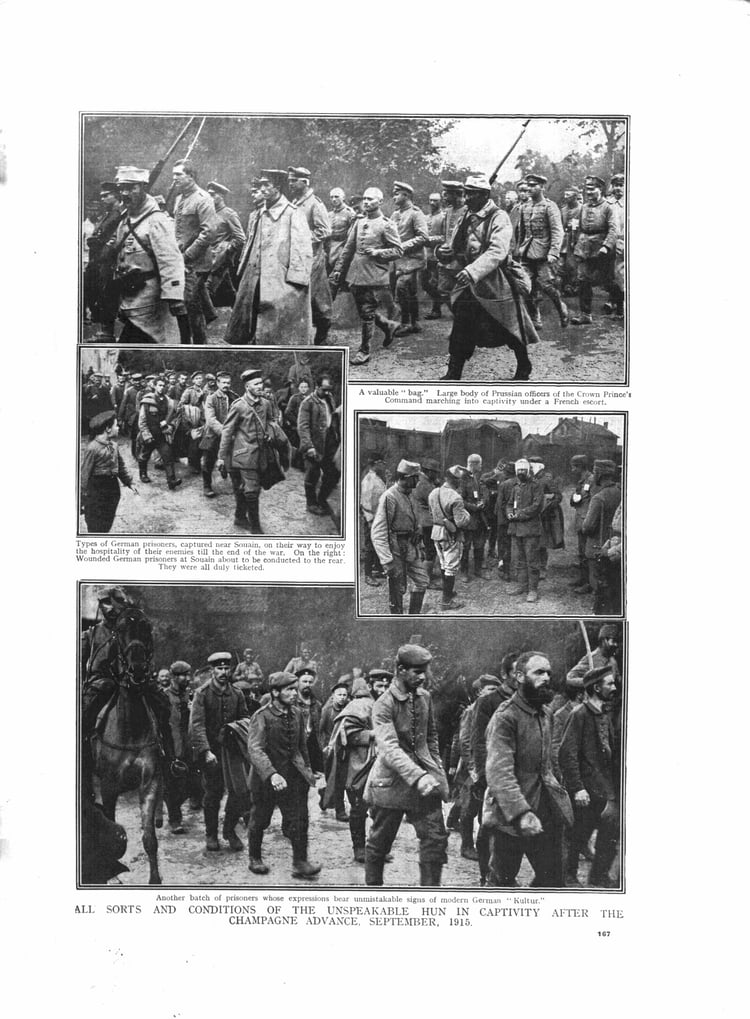
Riddle of the Sands
Riddle of the Sands
Riddle of the Sands by Erskine Childers. (published 1903) A record of Secret Service Recently Achieved. The mystery is equally well done. Apparently Childers wrote the book as a wakeup call to the British government to look to their North Sea defenses. He was very patriotic, and with his extensive knowledge of the Friesland coast, he intended his fictional story to be taken as a serious possibility by the British Navy. In fact, a North Sea port for the Royal Navy was constructed in response to his book. The fact that Childers was eventually shot by a firing squad for treason (because of his support for Irish home rule, ultimately manifested as gun-running on his yacht) adds even more meaning to this tale. It is a classic, in that it is the first in a long series of British espionage stories. Its basis in and impact on the real history of Britain, and the tragic historical role of its author, make it all the more interesting. The book is highly praised and still enjoyed for its accurate portrayal of cruising in a small sailing boat. Containing many realistic details based on Childers' own sailing trips along the German North Sea coast, the book is the retelling of a yachting expedition in the early 20th century combined with an adventurous spy story. It was one of the early invasion novels which predicted war with Germany and called for British preparedness. The plot involves the uncovering of secret German preparations for an invasion of the United Kingdom. It is often called the first modern spy novel, although others are as well, it was certainly very influential in the genre and for its time. The book enjoyed immense popularity in the years before World War I and was extremely influential. Winston Churchill later credited it as a major reason that the Admiralty decided to establish naval bases at Invergordon, the Firth of Forth and Scapa Flow. It was also a notable influence on John Buchan.










